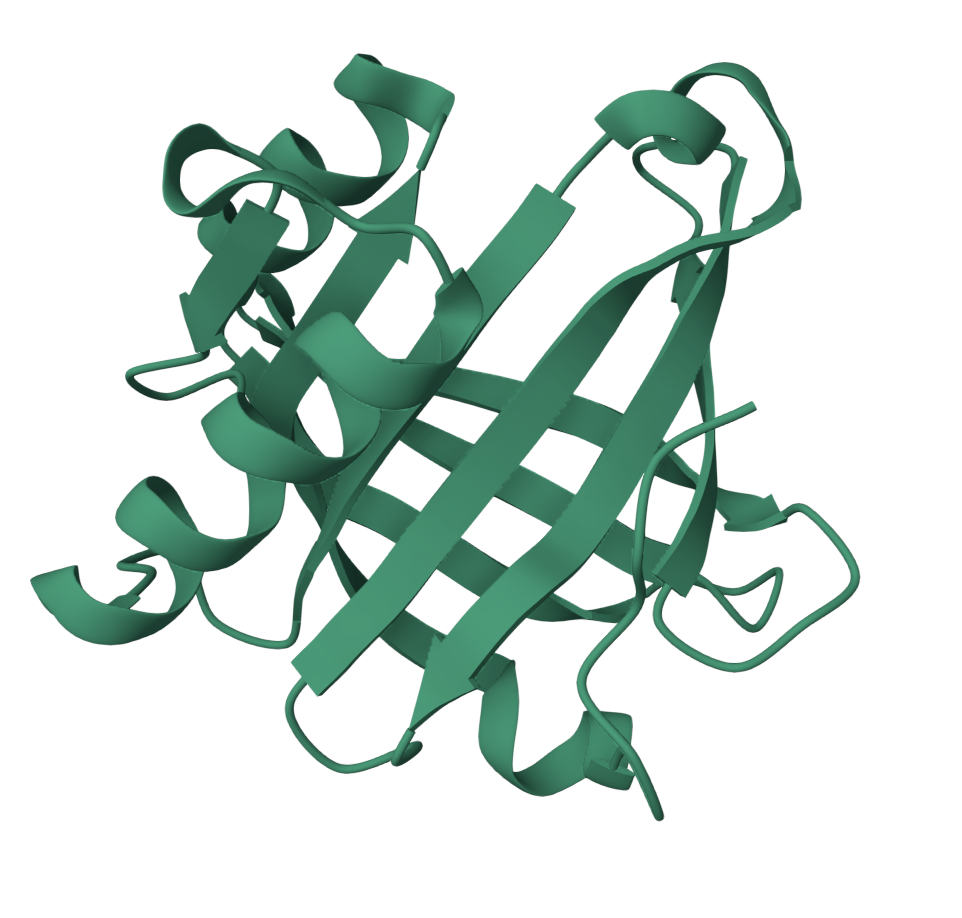|
PTGDS catalyzes the conversion of PGH2 to PGD2, a prostaglandin regulating smooth muscle function
and platelet aggregation. It plays key roles in CNS processes, including sleep regulation, pain modulation,
and potential anti-apoptotic effects in oligodendrocytes. Additionally, it binds and transports lipophilic
molecules (e.g., bilirubin, retinoic acid, thyroid hormones), possibly acting as a scavenger and secretory
transporter. It may contribute to blood-brain and blood-retina barrier maintenance and is involved in CNS
and male reproductive system development. Furthermore, PTDGS facilitates mast cell maturation via the
PLA2G3-PGD2-PTGDR pathway.
|


